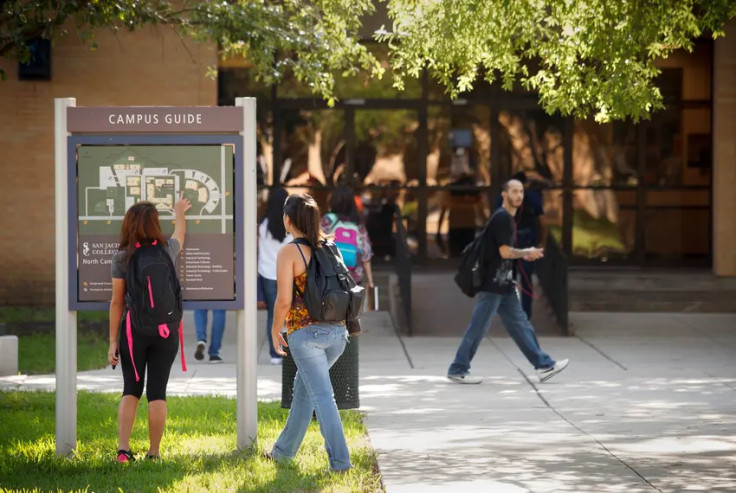
NEW YORK CITY - Following a landmark U.S. Supreme Court decision that struck down race-conscious college admissions, students of color seem undeterred from applying to these institutions, a new study by the Common Application shows.
The study, published mid-June, looked at application data from the 2019-2020 season through the 2023-2024 one in Common Application, an online platform that many colleges and universities use. They found that during the first admissions season after the landmark ruling, not much changed as far as application trends.
"The decision itself did not seem to have a major impact on application patterns, at least through the Common App platform, but it is important to understand the context of that data," said Jenny Rickard, president and chief executive of Common App, on a call with reporters Wednesday.
"Many of the students who applied this admissions cycle were already thinking about going to college when that decision came down. And we won't have the full picture and the makeup of entering classes until the fall," she continued.
The study also did not observe any meaningful deviations from historical trends with respect to students' college application behaviors across racial/ethnic groups on the platform. That is true whether looking at aspirations by number of applications sent per applicant, the percent of students applying to most selective institutions, the number of applications students sent to the most selective institutions, or the average admit rate of institutions students applied to.
But while students across racial and ethnic groups continued to apply to selective colleges at similar rates when compared with prior years, there was an uptick in applications from Hispanic students. Prominent schools, however, saw a lower number of Asian and White students in their high-achieving applicant pool, but researchers say the small number of these shifts makes them difficult to interpret.
When it comes to the application itself, students did mention their racial identity more in their college essays, a critical aspect of college admissions that, amid the SCOTUS ruling, may reveal an applicant's race to application readers.
The 2023 decisions in the cases of Students for Fair Admissions, Inc. v Presidents and Fellows of Harvard College, and Students for Fair Admissions, Inc. v. University of North Carolina, banned the consideration of student race as a factor in admissions decisions nationwide, except in the much narrower consideration of how race "affected the applicant's life... tied to a quality of character or unique ability that the particular applicant can contribute to the university."
Final college enrollment numbers are not yet available, and the high cost of college could significantly affect students' ability to attend the school of their choice. But these initial findings contrast with the predictions of major losses to diversity on campus following the court's 6-3 ruling last summer.
© 2025 Latin Times. All rights reserved. Do not reproduce without permission.





